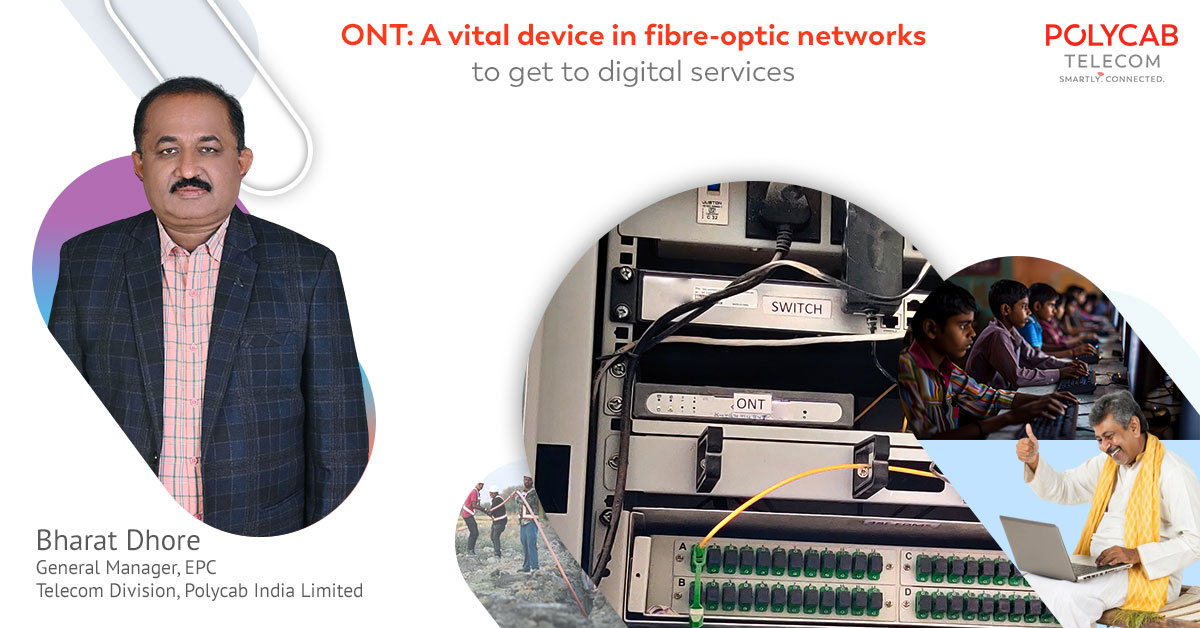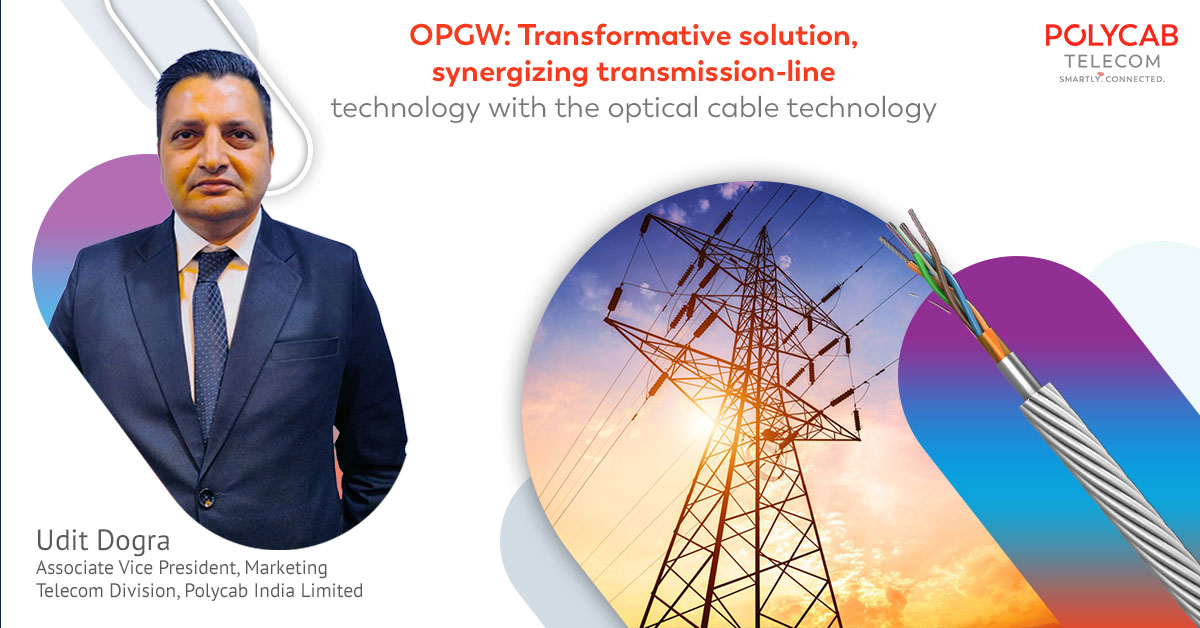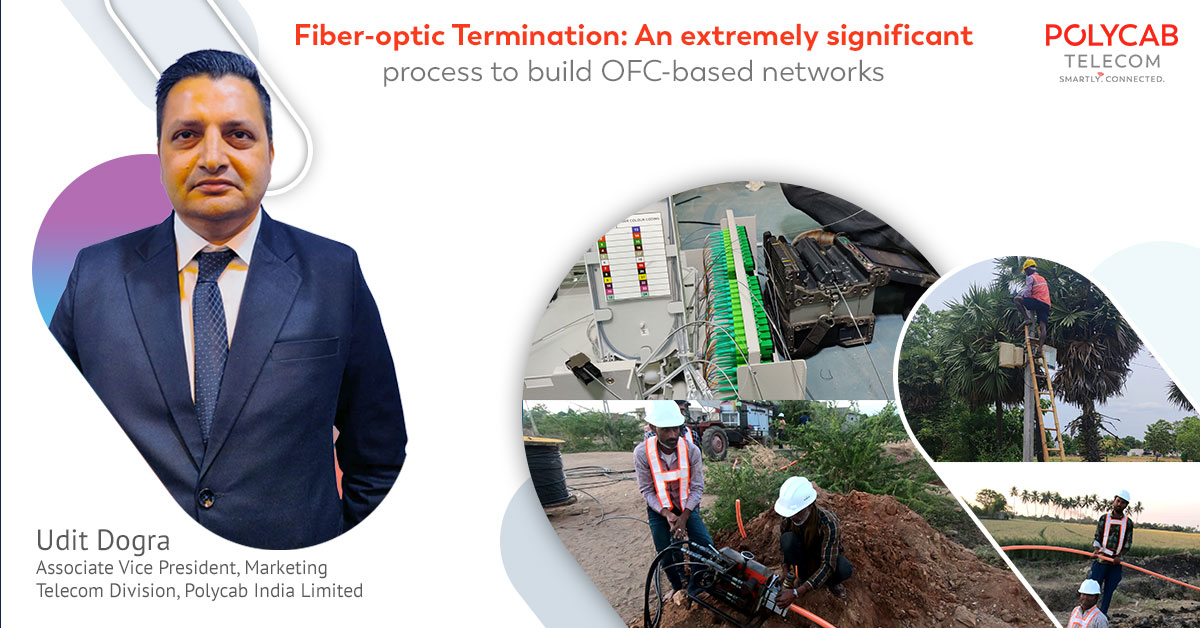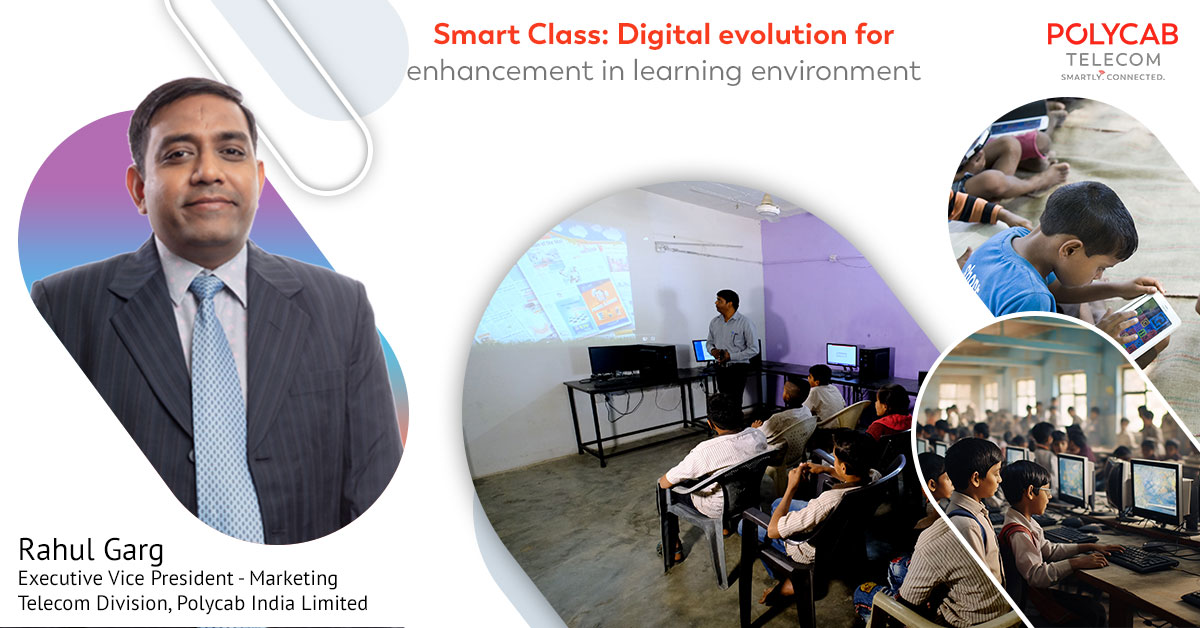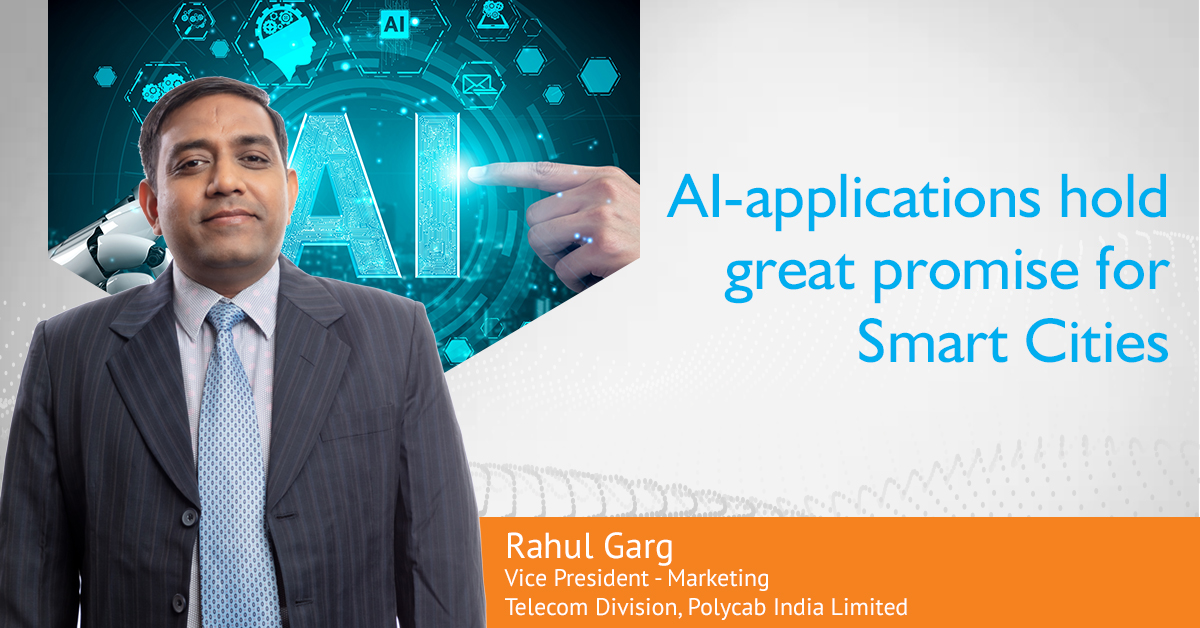Smart Cities are here. Urban infrastructural facilities and management systems are going to be smarter by the day. AI-applications are being explored to enhance the management and efficiency of urban arrangements. Systems can be AI-programmed to discover patterns, make accurate calculations, derive decisions and subsequently, execute actions with speed and precision. Networks of sensors can be made to capture air-samples and analyse them, to apprise the citizens of the existent air-quality in a Smart City. AI-enabled cameras and sensors can keep an eye on the surroundings to enhance the security-level in the city. Such cameras can identifythe people with their faces or track the unusual activities done by them in the restricted areas. AI-based traffic-systems facilitate monitoring and data-analysis of transit-routes, traffic light control, real-time parking and traffic maps. Streamlining of public transport is another facet of a city, which gets enhanced with AI-applications. AI-ingrained video-systems enable identification of different transport-models, accident-identification and a swift traffic-flow control. AI-enabled cameras can detect garbage on the street and recognize it in different types for categorization. In the collection and sorting of garbage, AI-applications can be utilized to optimize selective collection, reduce injury-risks to workers and increase the recycling potential of a Smart City. The algorithms trained through Machine Learning can scrutinize and study a city’s satellite-images to predict and monitor calamities like flooding, earthquake and storms.
Believing in the promise in the potential applications of AI-systems for Smart Cities, Polycab Telecom is avowed to deploy AI-based smart solutions to augment liveability, workability and sustainability in these smart spaces.
Rahul Garg
Vice President – Marketing
Telecom Division, Polycab India Limited


